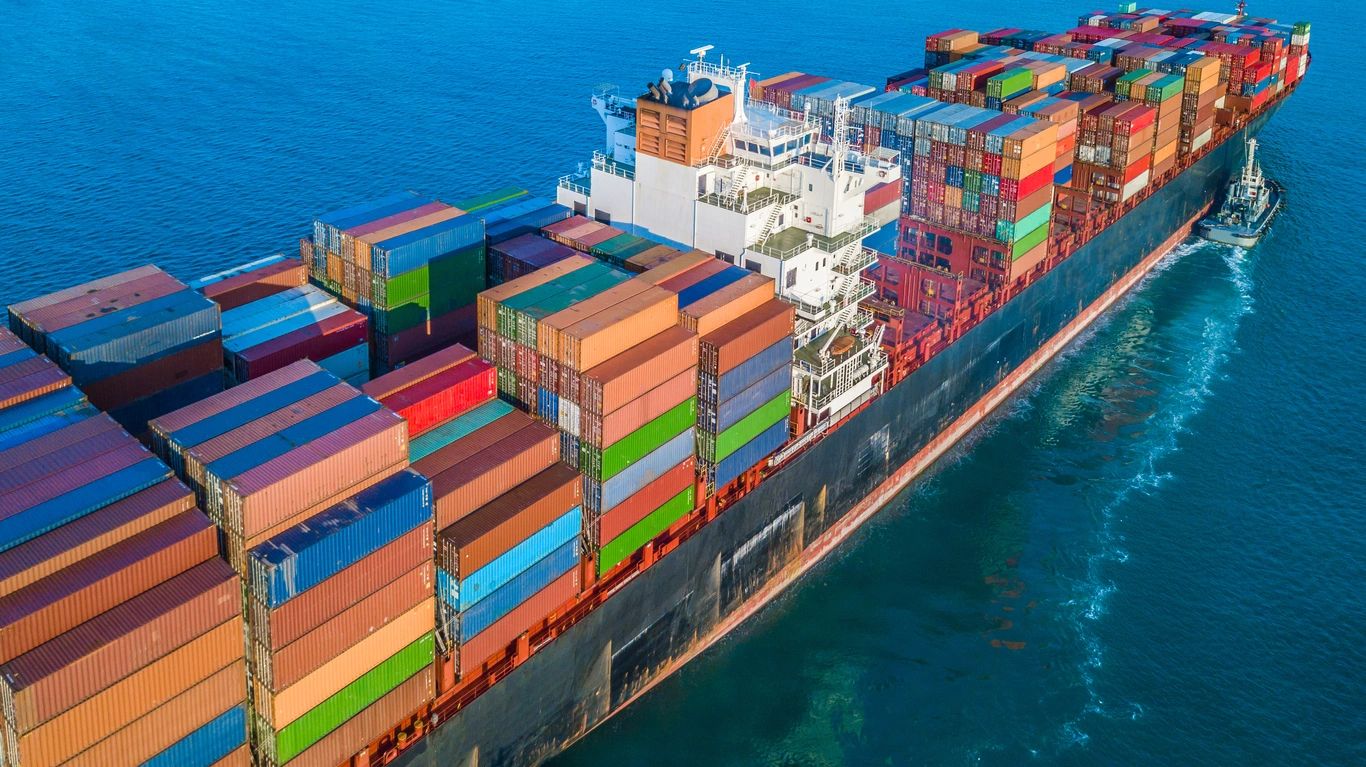As global trade faces increasing complexity and regulatory pressure, a troubling trend is accelerating: tariffs evasion. While trade wars and protectionist policies dominate headlines, companies—knowingly or unknowingly—are finding ways to circumvent duties to protect their bottom line. These strategies may offer short-term relief but pose long-term risks to businesses, economies, and reputations.
Let’s break down what tariffs evasion is, why it’s becoming more prevalent, how it works, and what companies must do to mitigate exposure in this rapidly evolving landscape.
What Is Tariffs Evasion?
Tariffs evasion refers to the illegal practice of dodging import or export duties through deceptive methods. This can involve falsifying documents, misclassifying goods, underreporting value, or obscuring the country of origin—tactics that go beyond legal optimization and into outright fraud.
It’s important to distinguish tariffs evasion from tariff mitigation or avoidance. Mitigation uses lawful strategies—like leveraging trade agreements or optimizing supply chain routes—whereas evasion involves deceptive or illegal maneuvers.
Why Tariffs Evasion Is Becoming a Growing Trend
Several key forces are converging to make tariffs evasion more tempting and accessible:
- Global trade tensions: The U.S.-China trade war and rising protectionist policies have led to more tariffs on sensitive goods, driving companies to seek ways around them.
- Complex global supply chains: Today’s products are manufactured across dozens of countries, often making it easier to obscure true origins or reclassify components.
- Technological manipulation: Advances in software make it easier to alter documentation or mask inconsistencies that customs officials may not catch.
- Inconsistent enforcement: Enforcement varies widely across jurisdictions, giving bad actors opportunities to exploit the gaps.
Common Tariffs Evasion Tactics
Here are some of the most prevalent strategies seen today:
- Transshipment through third countries
Shipping goods through an intermediary country to mask their true origin and avoid country-specific tariffs. - False classification of goods
Mislabeling goods under a different Harmonized Tariff Schedule (HTS) code to pay lower duties. - Under-invoicing
Reporting a lower value for goods to reduce the duty burden. - Document fraud
Falsifying or manipulating certificates of origin and other customs documentation. - Misuse of free trade zones
Exploiting bonded warehouses and free trade zones to alter or repackage goods without adequate oversight.
The Risks of Ignoring Tariffs Evasion
Turning a blind eye to tariffs evasion—either directly or via third-party suppliers—can have serious consequences:
- Legal penalties: Companies caught engaging in tariffs evasion may face heavy fines, product seizures, and even criminal charges.
- Reputational harm: Negative media coverage and loss of trust among consumers, partners, and investors.
- Disrupted operations: Delays at ports or embargoes can impact delivery timelines and customer relationships.
- Loss of competitive edge: Once exposed, evasion strategies become liabilities rather than advantages.
The Rise of Whistleblower Incentives: A New Layer of Exposure
Governments are not just relying on AI or customs inspections to uncover tariffs evasion—they’re increasingly leaning on whistleblowers. From disgruntled employees to industry insiders, these individuals are being empowered to report evasion through generous reward programs.
In the United States, laws like the False Claims Act allow whistleblowers to receive 15% to 30% of the recovered revenue in customs fraud cases. And there’s growing momentum to increase these incentives for tariffs-related cases, especially as the scale of evasion grows in industries like electronics, textiles, and pharmaceuticals.
Imagine a competitor, ex-employee, or supplier insider flagging your business’s non-compliant activity. The potential payout could be in the millions—and your company could be facing a very public investigation.
Implications for Business Leaders
- You are no longer just accountable to regulators—but also to your own workforce and ecosystem.
- Everyone is a potential whistleblower. This makes proactive compliance not just smart but essential.
How to Mitigate the Risks of Tariffs Evasion
Mitigating tariffs evasion requires a proactive, tech-enabled, and ethically sound approach. Here are the key strategies every global business should implement:
1. Conduct Full-Spectrum Supply Chain Audits
Audit your supply chain end-to-end—including Tier 2 and Tier 3 suppliers—to identify weak links and compliance gaps.
2. Leverage AI for Trade Compliance
Use machine learning to detect anomalies in customs documentation, shipping routes, and tariff classification. AI tools can spot red flags faster and more accurately than traditional methods.
3. Establish Internal Whistleblower Channels
Create safe and anonymous channels for employees to report compliance concerns internally before they escalate externally.
4. Vet and Train Your Partners
Ensure all logistics, freight, and customs partners follow strict compliance protocols. Include clauses in contracts that require transparency and audits.
5. Maintain Transparent Documentation
From certificates of origin to invoices, documentation should be consistent, traceable, and accurate. Blockchain technologies can help add trust and traceability.
6. Stay Ahead of Regulation
Global trade rules are shifting fast. Work closely with legal counsel and trade compliance experts to stay current—and ahead—of new enforcement trends.
What’s Next: AI and Human Intelligence Will Shape the Future of Enforcement
The future of enforcement is hybrid—AI-powered inspections combined with whistleblower-driven accountability. Governments are investing in tools that can scan millions of documents, shipping records, and transactions to detect suspicious activity.
But it’s the people inside your company and industry who may ultimately determine your risk exposure. Failing to implement a transparent, compliant system means betting your future on silence—and that’s a losing strategy in today’s environment.
Final Thoughts
Tariffs evasion is no longer an edge-case issue. It’s becoming mainstream, especially as geopolitical pressures and inflation continue to squeeze margins. But shortcuts come with consequences.
The companies that will thrive in this next era of global trade are those that lead with compliance, transparency, and innovation. Use AI to detect risks. Empower employees to speak up. Audit every link in your supply chain.
In a world where enforcement is being crowd-sourced and incentivized, integrity isn’t just good ethics—it’s good business.
Scale growth with AI! Get my bestselling book, Lean AI, today!





